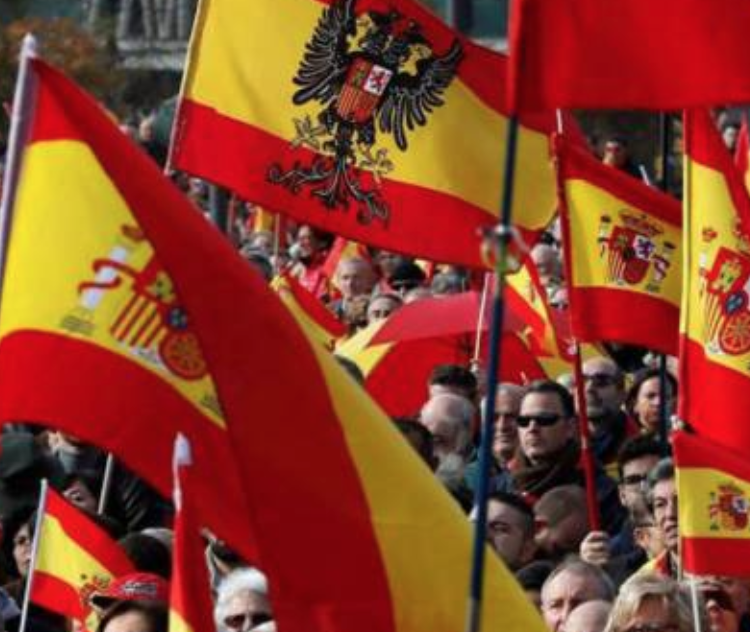By Pablo Ouziel, Centre for Global Studies at University of Victoria
Eight days to go before Spanish people decide who will represent them in the country’s national government. As we survey the field of party politics in the country, it certainly looks like Chantal Mouffe’s assertion that we currently experience a ‘populist moment’ applies to Spain. Considering this broader political context, it is warranted to engage in an intellectual and academic inquiry into populist practices and populist actors in the country.
Who are the populists that challenge the status quo in a ‘populist key’? It is clear that many different factions are articulating populist contestation, both from the right and the left. Yet, what is more difficult to understand is how so-called establishment parties are becoming populist in what seems like a move to defend the status quo, but which perhaps is more geared towards a radicalization of the political.
What I am trying to articulate, is that in contemporary Spanish party politics, the status quo is not enough for anyone. The country has entered a phase of radical and antagonistic politics in response to the post-political period popularized by the ‘Third Way’ of Tony Blair and Bill Clinton. In the United Kingdom and the United States, this period began in the 1990s. In Spain, it started later in the early 2000s with the Partido Socialista Obrero Español (PSOE) of José Luis Rodríguez Zapatero. Its peak moment was on August 23, 2011, when through the reform of Article 135 of the Spanish Constitution the socialist party surrendered the country to the creditors of Spain’s public debt. This was the moment in Spain when socialism defended neoliberalism as the only reasonable option for modern democracy and, stopped defending socialist ideals for a more egalitarian society.
This was the moment of absolute neoliberal hegemony. Yet, I think it marks the beginning of neoliberalism’s downfall in the country. Since 2011, in Spain we have witnessed a multiplicity of popular movements seeking change. We have experienced the birth of numerous new political projects on both the right and the left and, have seen new political parties entering parliaments across all levels of government (local, regional and national). In a sense, this is positive, as Mouffe would argue, as it brings back politics into post-politics. Nevertheless, the challenge now is to turn the antagonisms that this process has crystalized into agonisms that can somehow co-exist in a virtuous cycle of democratic regeneration and broadening.
The problem, however, is that as more political actors are joining the process, the less capacity for and interest in dialogue there seems to be. Despite everyone’s bragging of their own dialogical abilities, the fact is that everyone’s ears have shut down and only masqueraded monologues are occupying the space of genuine political discussion. In this sense, it seems clear that unless something radically changes in the Spanish context, neoliberalism will give in to even more authoritarian and destructive forces. I am not sure if a populism of the left is the right response to rising reactionary currents, what I am sure about, is that the field of populism in Spain requires in-depth study and mapping so that we can understand the particulars of the complex political reality the country faces.
Perhaps we will continue to simplify and catalogue new parties into left or right populist. It might be the case that we continue to grant legitimacy to establishment parties claiming to hold the centre of democratic politics without a serious critique of their practices. Yet, if this is our approach, then I fear we will fail to understand the current conjuncture and will have a hard time capturing what is populist in Spain. More importantly, through the generation of such a blind spot, we will fail to determine whether any of the political projects engaged in the country’s populist moment are actually capable of steering politics in a progressive direction.


